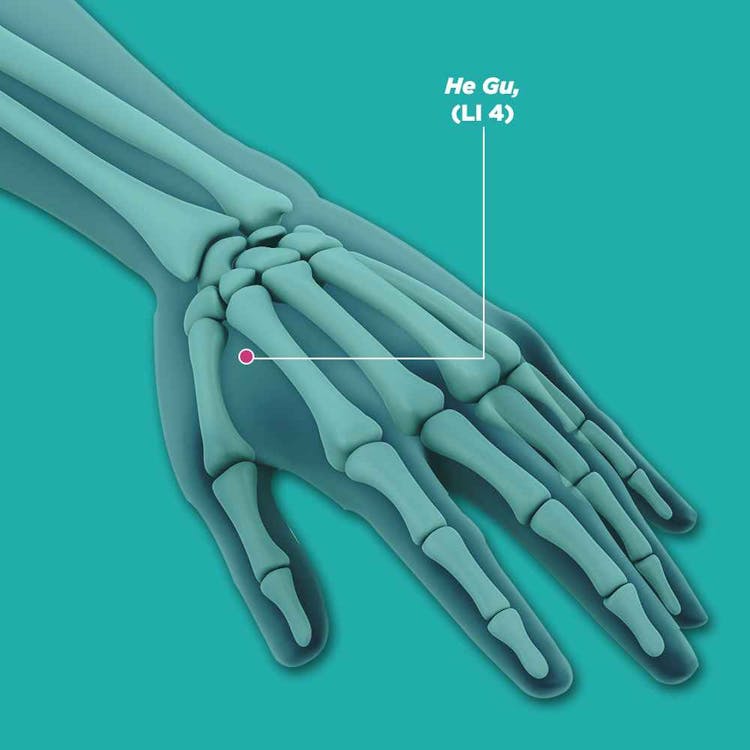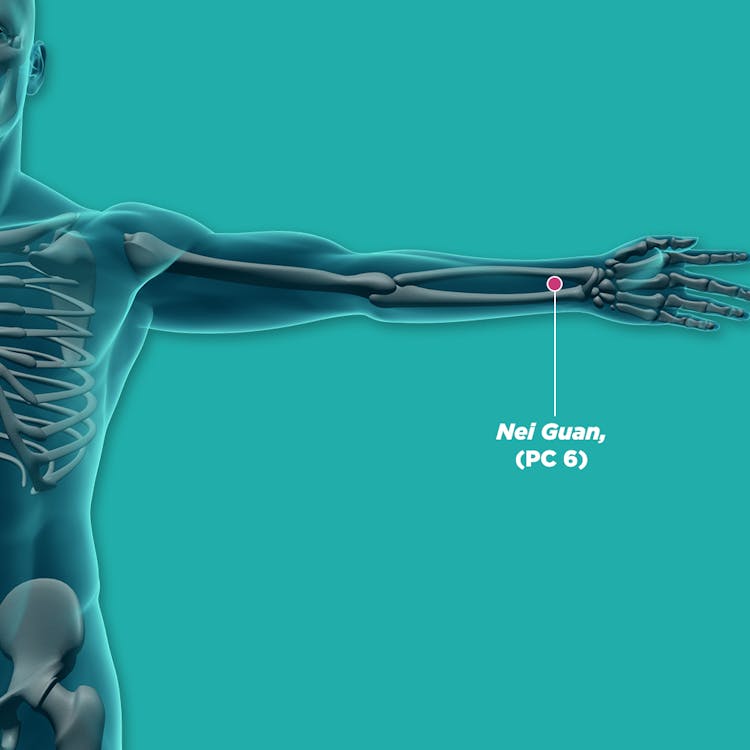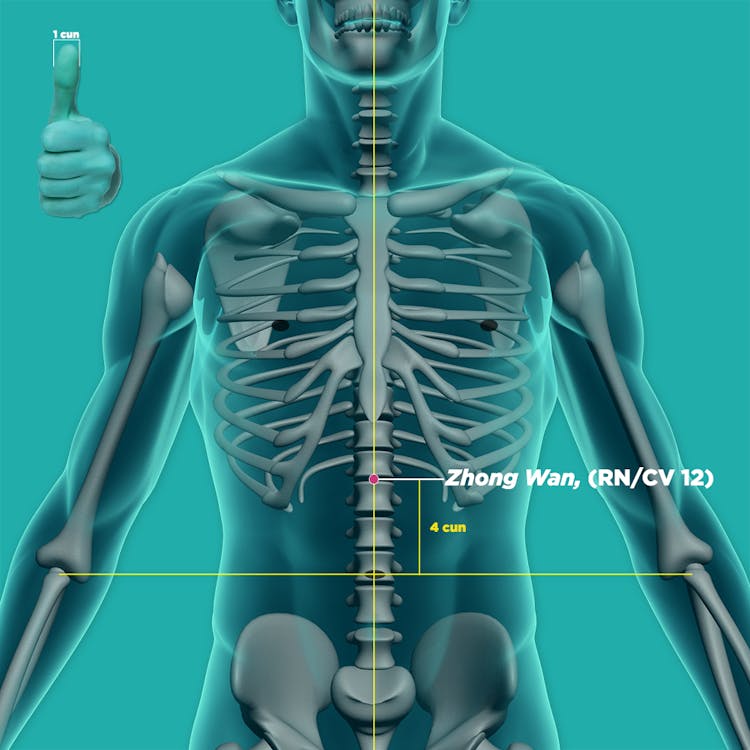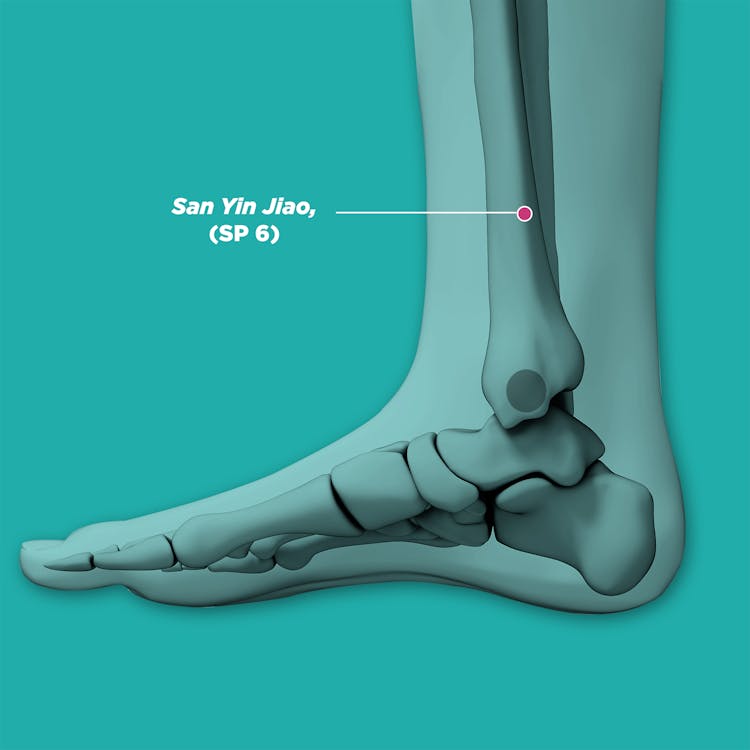How to Break the Binge Eating Cycle Permanently
Published | 6 min read
Binge eating isn’t the same as overeating. The condition can develop as a product of unhealthy emotions and extreme dieting.
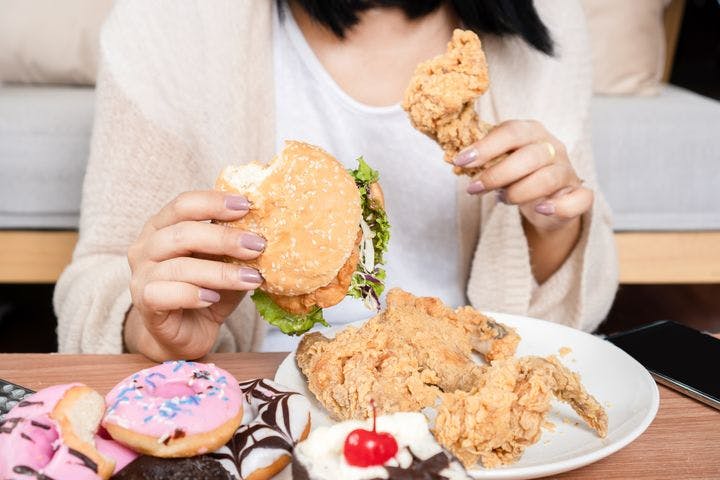
Your relationship with
The condition is different from
Here’s how binge eating can start and some Western and traditional remedies that can help address the issue.
What are the Causes of Binge Eating Disorder?
While there isn’t a single cause
We do know that negative
Traditional Chinese Medicine (TCM) literature states that stomach irritability can make you crave abnormally large amounts of food. The system of medicine also believes that mental health issues disrupt the harmonious flow of vital substances within the body, which causes an insatiable appetite.
“Anxiety and depression symptoms reflect imbalances in the Spleen and Liver. These can lead to the development of pathogenic factors, which interfere with bodily functions and make your mind chaotic.”
Eu Yan Sang Physician Peh Wei Jie
How Does a Binge Eating Disorder Affect Your Body?

Eventually, binge eating will take a toll on your body, triggering various short-term –physical, psychological, and behavioural – and long-term health effects. A few examples of these are:
- Physical: Feeling fatigued, and experiencing gastrointestinal disorders, and weight fluctuations
- Psychological: Feeling sensitive to comments about food, dieting, exercise, or body image, experiencing anxiety, sadness, extreme distress, and extreme dissatisfaction with body shape
- Behavioural: Becoming socially withdrawn, hoarding food, eating alone, in secret, or until you’re uncomfortably full
You might feel the need to satisfy your appetite with fatty or sugary foods, thus turning a blind eye to your body’s need for vitamins and minerals. A lack of nutrients can cause your body to crash, and you’ll be at a higher risk of:
Ways to Curb a Binge Eating Disorder for Good
Nipping the causes of a binge eating disorder in the bud will put you on the path to full recovery.
Cognitive behavioural therapy
CBT-E (cognitive behavioural therapy enhanced) comprises four stages and can be customised to your specific needs. Stage one focuses on understanding your disorder and helping you to change or regulate your eating pattern.
During the second stage, a healthcare provider will review your initial progress and help you develop an action plan. The third stage takes place over a few weeks and introduces you to new habits that suppress your binge eating triggers.
As you enter stage four, the emphasis will shift towards dealing with setbacks and maintaining the habits that you picked up in stage three.
Interpersonal psychotherapy (IPT)
IPT can help address binge eating disorders by prioritising present-day problems and relationship dynamics over childhood and developmental trauma. The therapy focuses on the following:
- Helping you deal with grief and personal loss
- Resolving conflicts that are the source of tension and emotional distress
- Helping you navigate through different stages of life, such as losing a job or raising a newborn baby, and how to deal with the impression it leaves on your mental state
- Overcoming a struggle with developing new or maintaining old relationships
Herbal remedies
While herbal remedies aren’t the primary course of treatment, they can complement the therapies for a binge eating disorder.
Some herbs can help you relax. Chamomile (yang gan ju, 洋甘菊) has a calming effect on the mind while passion flowers (xi fan lian, 西番莲) treat anxiety by increasing gamma-aminobutyric acid (GABA) levels in the brain.
Fun fact: GABA is a neurotransmitter responsible for regulating brain activity. It can prevent feelings of anxiety and depression.
Similarly, Physician Wei Jie advocates certain
Acupuncture and acupressure
Acupuncture can help suppress binge eating by eliminating pathogenic factors and encouraging the better circulation of vital substances.
Unable to book an appointment with an acupuncturist? Try massaging these acupoints at home using your fingers or a blunt object for three to five minutes at a time.
- He gu (合谷 LI4)
- Qu chi (曲池, LI11)
- Nei guan (内关, PC6)
- Zhong wan (中脘, RN12)
- San yin jiao (三阴交, SP6)
- Zu san li (足三里, ST36)
Take control of your eating habits and break the cycle of binge eating by following the abovementioned tips. It’s also important to consult a TCM practitioner before undergoing acupuncture and herbal remedies to determine if they fit your needs.
If you’ve overcome binge eating or know someone who has dealt with it, share your experience with us in the comments below.
References
- Cleveland Clinic. 2019. Here’s Why We Overeat in Front of the TV (and How to Stop). [online] [Accessed 15 February 2023]
- Beat. Binge Eating Disorder. [online] [Accessed 15 February 2023]
- Cleveland Clinic. Binge Eating Disorder. [online] [Accessed 15 February 2023]
- National Institute of Diabetes and Digestive and Kidney Disease. Symptoms & Causes of Binge Eating Disorder. [online] [Accessed 15 February 2023]
- Better Health Channel. Binge eating disorder (BED). [online] [Accessed 15 February 2023]
- CBT-E. A Description of CBT-E. [online] [Accessed 15 February 2023]
- CAMH. Interpersonal Psychotherapy (IPT). [online] [Accessed 15 February 2023]
Share this article on

